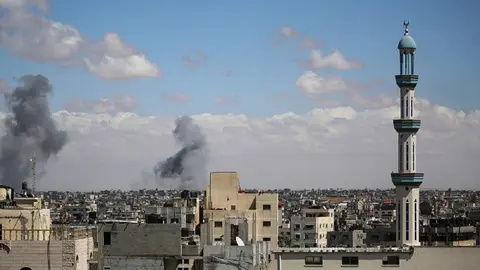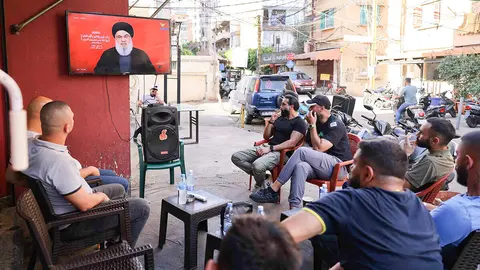Israel and Hezbollah inch closer to full-scale war
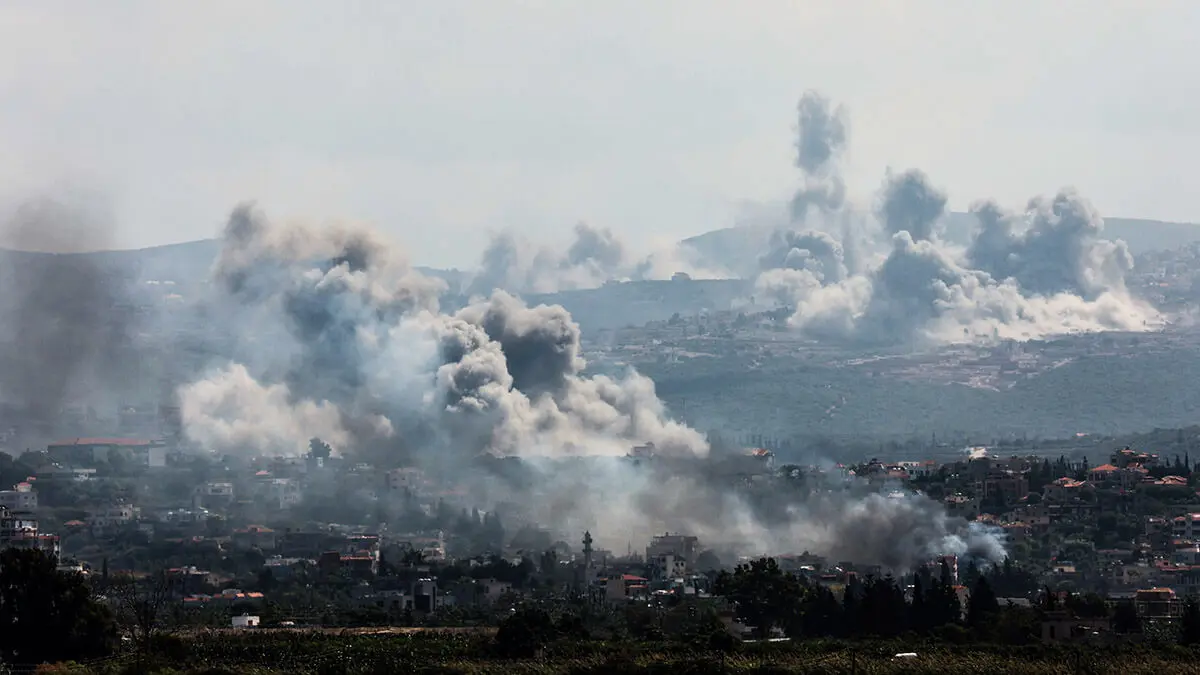
Nearly a year after Hezbollah began launching attacks against northern Israel in support of Hamas, fighting between the Lebanese Shi'ite militia and the Jewish state continues to intensify, raising fears of all-out war.
In the past few hours, the Israel Defence Forces have attacked more than 300 Hezbollah targets across Lebanon, army spokesman Daniel Hagari said in a statement, warning of more operations, especially in the Beeka Valley, a major Hezbollah stronghold in eastern Lebanon. ‘We are preparing to attack terrorist targets in the Beeka Valley region soon,’ he said.
Hagari has also accused Hezbollah of placing weapons in residential buildings, endangering Lebanon's civilian population and using them as human shields. ‘Every house we attack contains weapons: rockets, missiles, UAVs that aim to kill Israeli civilians,’ he said.
Regarding a possible Israeli ground incursion into Lebanon, the military spokesman stressed that they would do ‘whatever it takes’ to get evacuated residents of northern Israel safely back to their homes, one of the war aims set by the Israeli authorities.
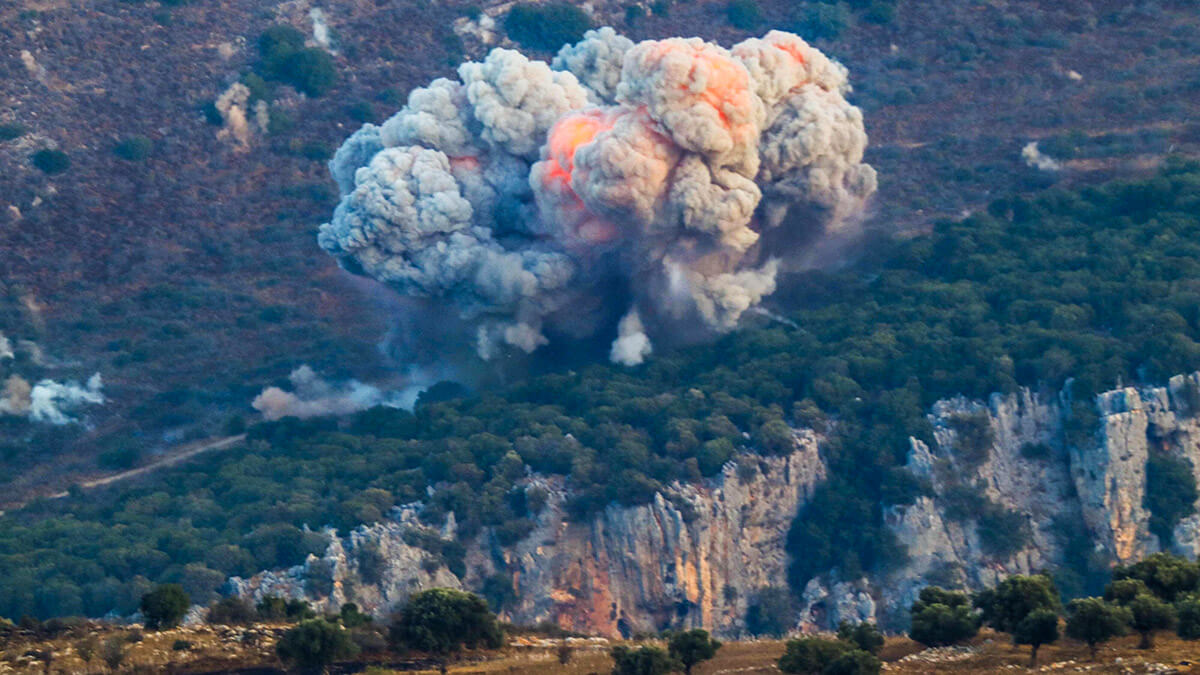
In this regard, an Israeli security source confirmed to Ynet that in the coming hours the IDF will launch a ‘large-scale’ attack on rural areas across Lebanon, which could provoke a Hezbollah response against northern Israel or even Tel Aviv. ‘I think it is not too early to call these events the ‘Third Lebanon War’,’ the source added to the Israeli media.
According to Lebanese health ministry figures, Israeli attacks have left more than 100 dead and 400 wounded, including ‘children, women and paramedics,’ the highest daily figure in nearly a year of fighting.
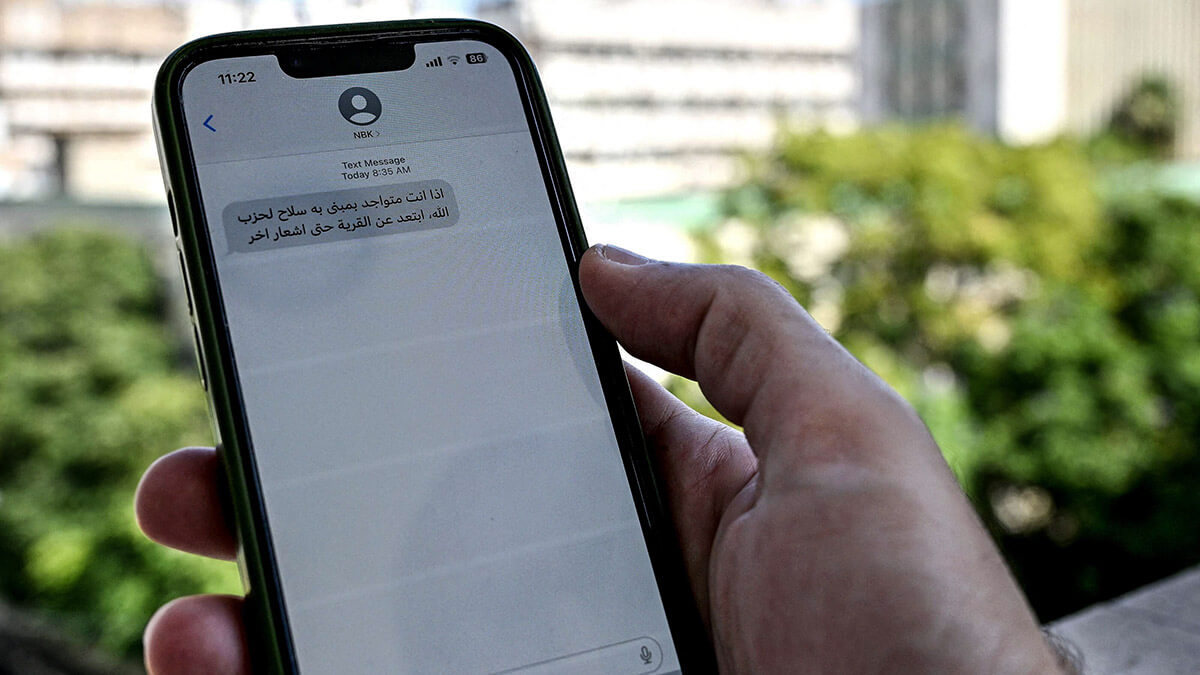
Hours before the offensive began, the IDF ordered the evacuation of buildings where Hezbollah was hiding weapons. Citizens in Beirut, as well as in other areas, received text and recorded messages asking them to leave their residences immediately.
Even the Lebanese information minister, Ziad Makari, claimed to have received a call asking him to evacuate the building he was in, accusing Israel of ‘using all means in its psychological warfare’.
The attacks come after Hezbollah suffered its biggest security breach since the war began last October. Last week, the Islamic Republic of Iran-backed terrorist group suffered a wave of explosions in its electronic devices that left dozens dead and thousands injured.
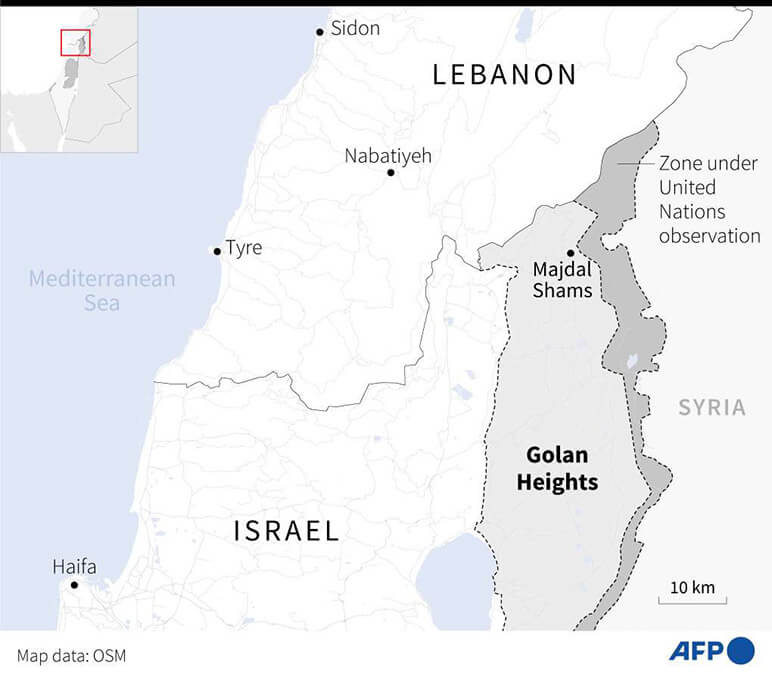
Meanwhile, an Israeli bombing raid this past weekend in Beirut killed a significant portion of the Radwan special forces unit, including its commander, Ibrahim Aqil. According to Israeli military authorities, Aqil, head of Hezbollah's operations since 2004, had planned a massacre against northern Israel similar to the one Hamas carried out on 7 October.
All these attacks are aimed at pressuring Hezbollah to withdraw from the border area and cease its constant attacks against northern Israel, allowing the return of citizens from the area, one of the Israeli government's priorities and objectives.
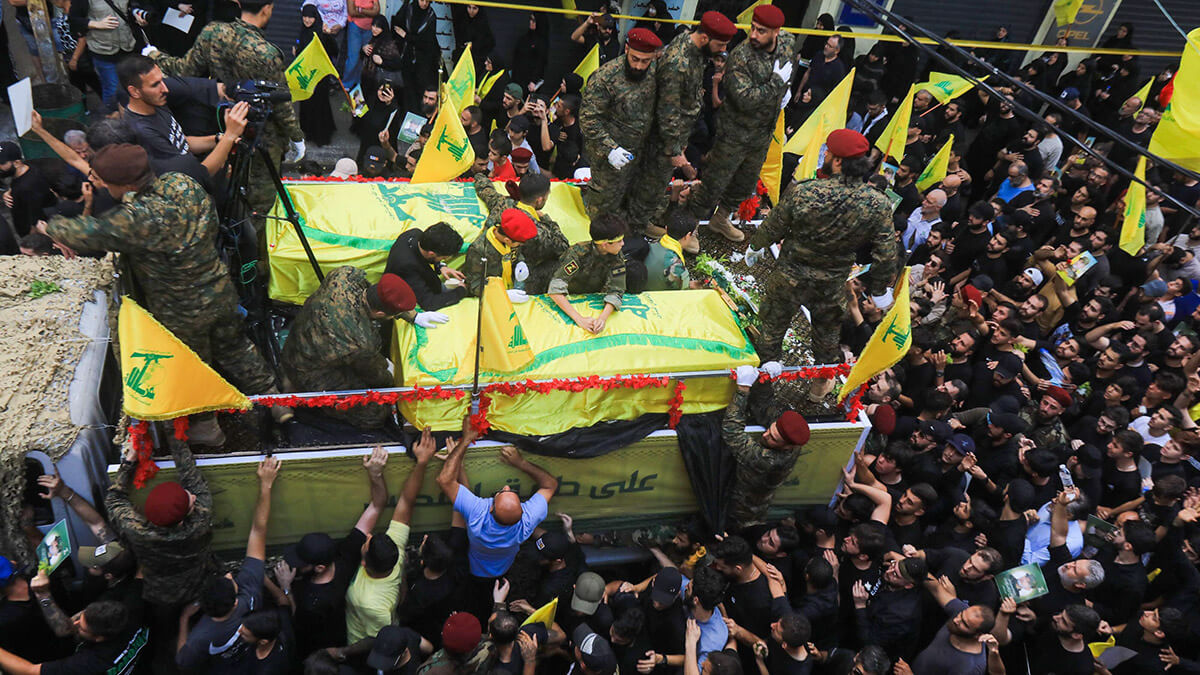
‘We are intensifying our attacks in Lebanon, the sequence of operations continues and will continue until we achieve our goal: to return the inhabitants of the north safely to their homes,’ stressed Israeli Defence Minister Yoav Gallant, who has also called on Israel's citizens to follow the instructions of the Home Front Command, which is responsible for civil defence.
‘We have a few days ahead of us in which the population will have to maintain composure, discipline and total obedience to instructions,’ he added.

